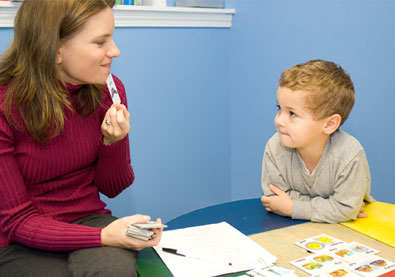
Case reports suggest that tongue-tie may be a contributing factor for a small number of children who cannot produce the “l” or “th” speech sounds; however, for the vast majority of children with speech difficulties (including children who struggle with “l” and “th”), tongue-tie is not the cause of the problem. Read More









